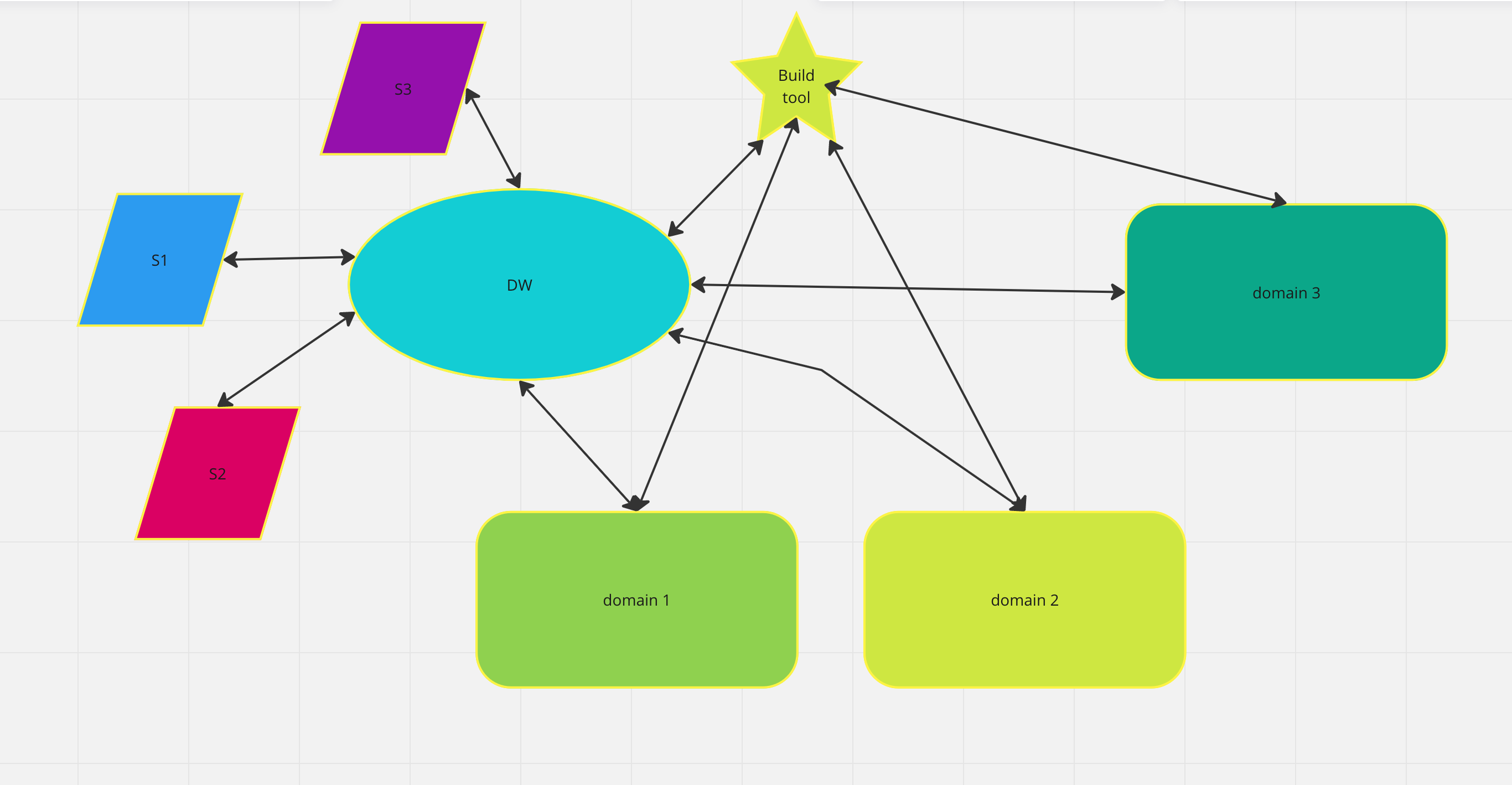Agile principles have been widely adopted in the software development industry to promote flexibility, customer satisfaction, and responsiveness to change. The same principles can be applied to MLOps (Machine Learning Operations) to ensure that the development and deployment of machine learning models are iterative, efficient, and customer-centric.
Here are some ways in which agile principles are applied to MLOps:
- Continuous Integration and Delivery: Just like in agile software development, MLOps teams focus on continuous integration and delivery of machine learning models. This means that new models are integrated into the production environment as soon as they are ready, reducing the time to market and increasing customer satisfaction.
- Customer Feedback: Agile methodologies place a strong emphasis on customer feedback to ensure that the product being developed meets the customer’s needs. Similarly, MLOps teams focus on customer feedback to ensure that the machine learning models being developed are aligned with the customer’s expectations.
- Iterative Development: Agile methodologies promote iterative development, where small, incremental changes are made to the product over time. Similarly, MLOps teams use an iterative approach to machine learning model development, where the model is trained and tested in small iterations to ensure that it is accurate and effective.
- Cross-Functional Teams: Agile methodologies advocate for cross-functional teams, where individuals with different skill sets work together to achieve a common goal. Similarly, MLOps teams comprise data scientists, software developers, and DevOps engineers who work together to develop, test, and deploy machine learning models.
- Agile Project Management: Agile project management techniques such as Scrum and Kanban are used in MLOps to manage the development and deployment of machine learning models. These techniques allow for greater flexibility and responsiveness to change, enabling MLOps teams to adapt to changing business requirements.
In summary, the application of agile principles in MLOps promotes flexibility, customer satisfaction, and responsiveness to change. By adopting agile methodologies, MLOps teams can ensure that the development and deployment of machine learning models are efficient, iterative, and customer-centric.
Agile principles and MLOps methodologies work together synergistically by promoting a culture of continuous improvement and adaptability. MLOps, like agile, encourages cross-functional teams to work collaboratively and emphasizes the importance of communication and feedback. This enables teams to quickly identify and respond to issues as they arise, rather than waiting for larger problems to develop.
In addition, both agile and MLOps prioritize delivering value to customers quickly and regularly. This is achieved through iterative development and testing, where small, incremental changes are made and tested frequently. This enables teams to gather feedback and make adjustments quickly, rather than waiting until the end of a long development cycle.
MLOps and agile also encourage the use of automation and monitoring to increase efficiency and reduce errors. Automated testing, deployment, and monitoring tools can help teams identify issues quickly and prevent them from occurring in the first place. This frees up team members to focus on higher-level tasks, such as analyzing results and making strategic decisions.
Overall, the combination of agile and MLOps methodologies creates a flexible and adaptable framework that enables teams to deliver value quickly and respond to changes in the market and technology landscape. By continuously iterating and improving, teams can stay ahead of the competition and ensure that they are delivering the best possible results to their customers.
As companies aim to adopt agile principles in MLOps, they may encounter challenges in aligning their processes and technologies with the new way of working. This is where Signal Scout comes in.
Signal Scout offers consulting services to help companies optimize their data engineering processes and integrate their data analytics systems. With the aim of streamlining processes, reducing costs, and boosting efficiency, Signal Scout works with companies to identify their data analytics needs and design customized solutions that meet those needs.
Through its expertise in data warehousing, ETL tools, and cloud computing, Signal Scout helps organizations implement agile principles in their MLOps workflows. The company’s focus on DevOps and automation enables it to help clients deploy models faster, improve the quality of data, and reduce the time it takes to move data from source to destination.
By leveraging its experience working with a variety of technologies, including Google Cloud Platform, AWS, and Snowflake, Signal Scout is able to offer companies a flexible approach to their MLOps needs. The company works closely with clients to identify areas where they can improve their workflows and optimize their data processing, storage, and retrieval.
Overall, Signal Scout’s consulting services enable companies to align their MLOps workflows with agile principles, resulting in faster, more efficient development cycles and more accurate, actionable insights from their data.


